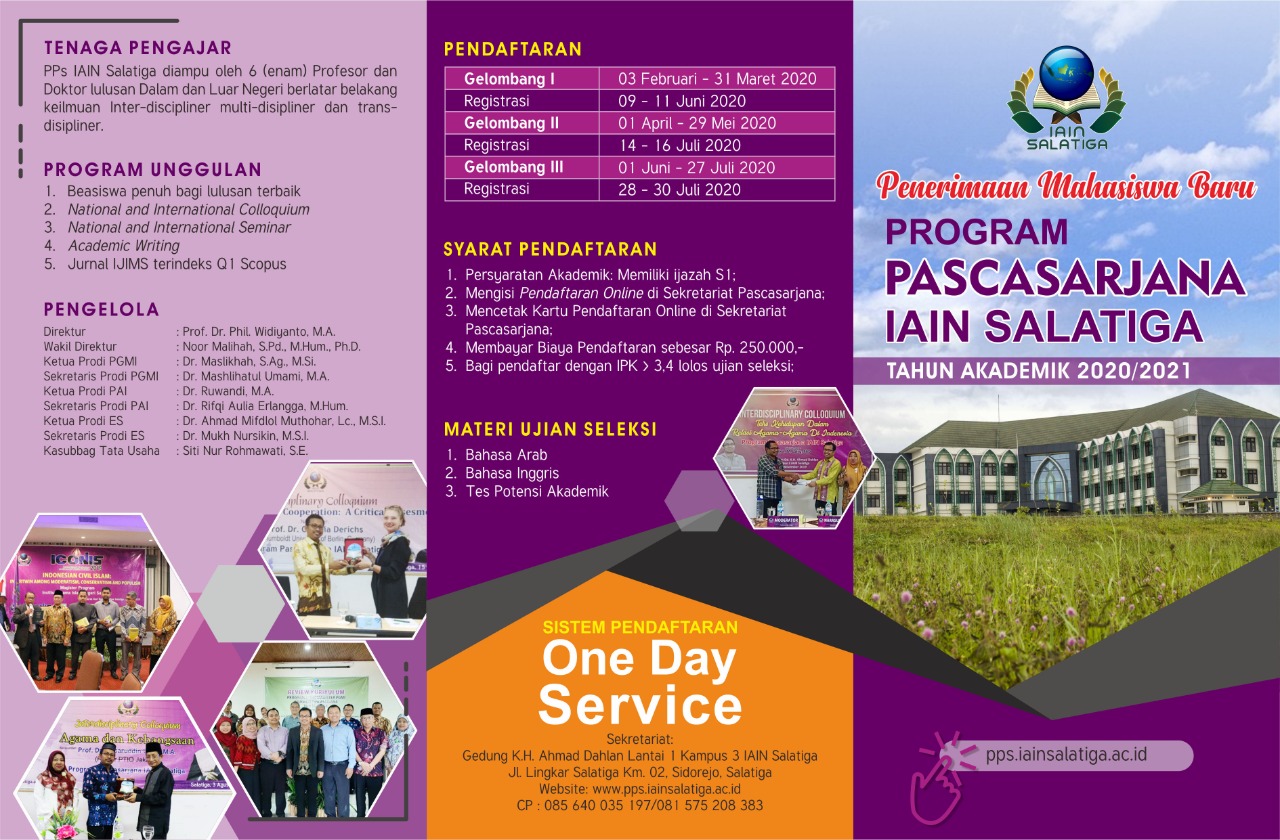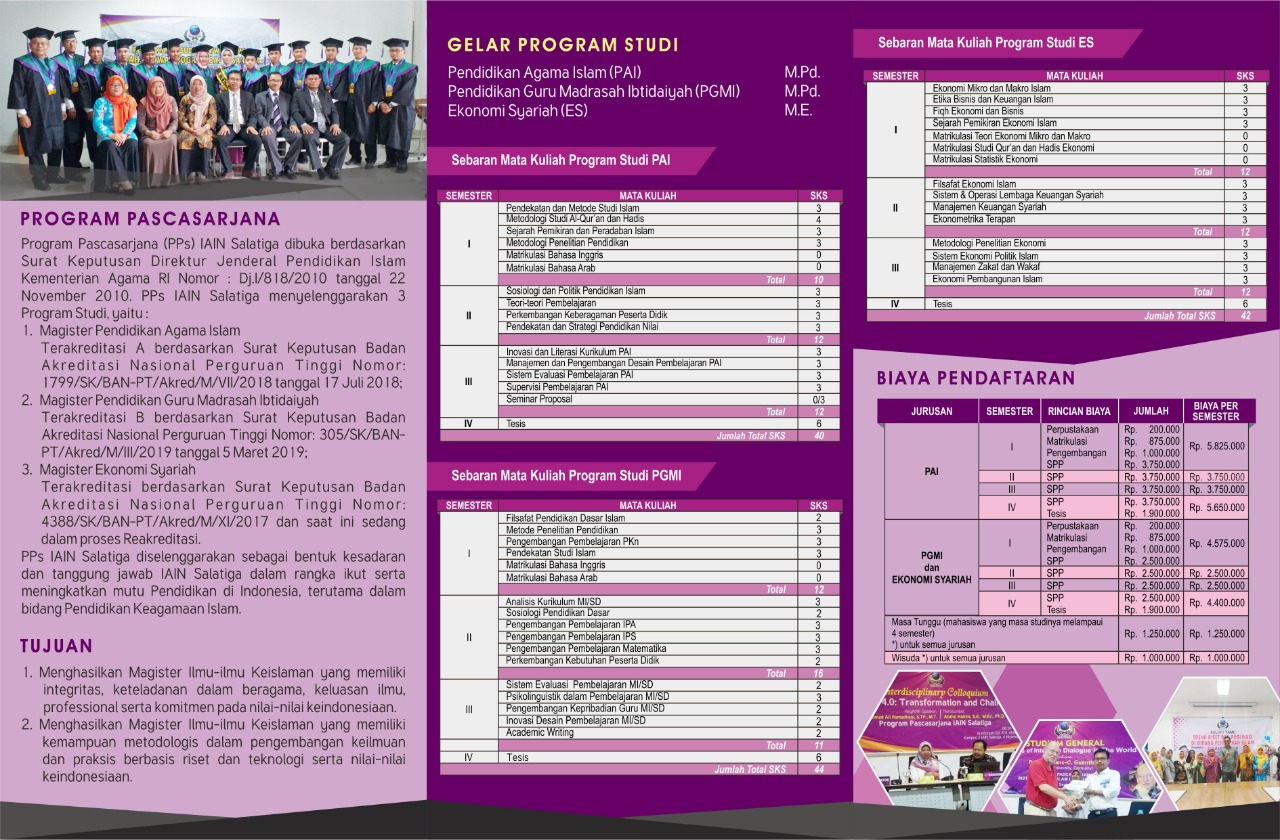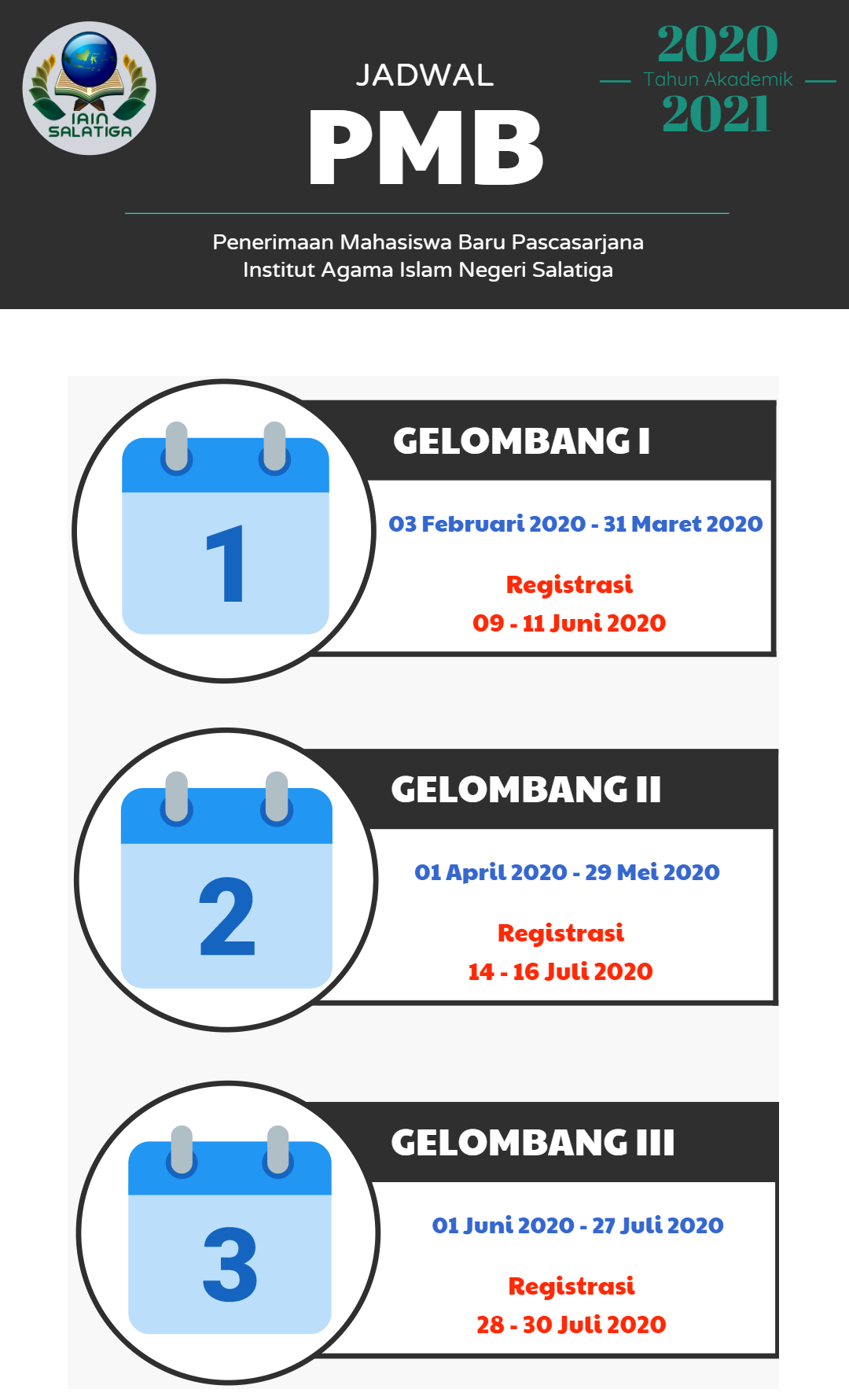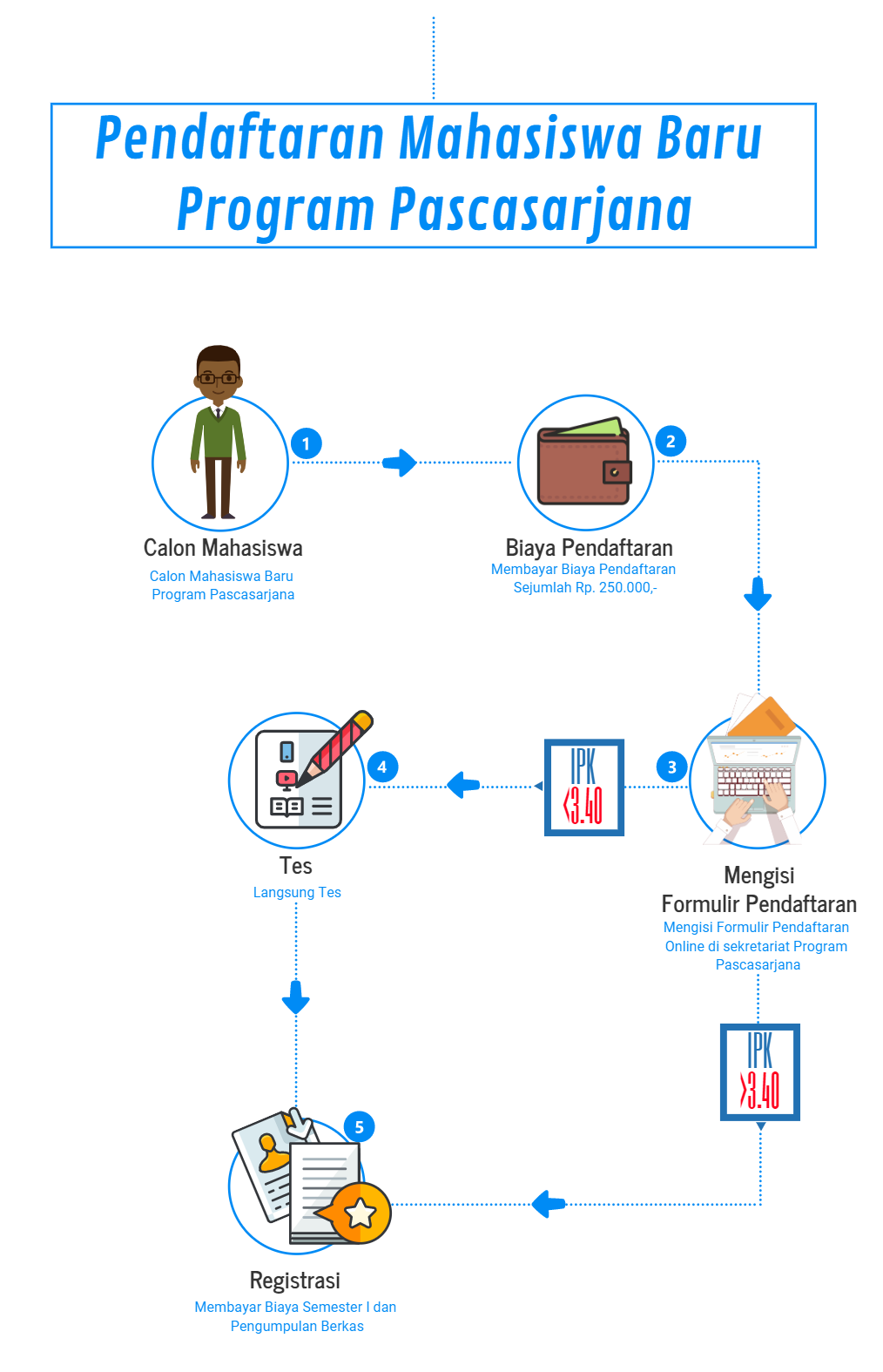Fundamentalisms – Some Views from a European Perspective By: Prof. Dr. Claudia Derichs
Institute of Political Science, Philips University Marburg, Jerman
Seminar on Oktober,12th 2011
A. The Question of Perspective
Perspective is someone’s view of something or the way of someone in seeing or analyzing something such as the problem is faced or appeared. Perspective can be used as a process in overcoming the problem.
B. Perspectives on Fundamentalism
Fundamentalism has different meaning. It depends on the peoples’ perspective. It can be positive, negative or neutral. Fundamentalism is the concept of security. In the military/soldier, fundamental belief is as something that comes by military action, fights for peace and liberation of people, protects and defends people. In the military, fundamentalism is something that related to the secure and protection. For working woman, security is when she can move without fear and she can work without being molested. For working woman, fundamentalism is something that can make her comfort and free without fear.
C. Definition of Fundamentalism
Talking about fundamentalism, it can be many opinions. According to AWID (Association for Woman’s Right Development), survey in 2007 among 1600 woman’s rights activists question: “what do we mean when we speak of religious fundamentalism?”
Based on the survey of the question above, there are some results: 51% found the term is useful and 49% is not useful, because of some reasons, such as:
– It reinforces negative stereotypes
– It targets Muslims in particular
– It is too jargonistic
The definition of fundamentalism related to the meaning of the term to notions, such as:
- Absolutist and intolerant
- Anti-woman and patriarchal
- related to the fundamental of religion
- To do with politic and power
- Anti human rights and freedom
Sometimes the definition of fundamentalism mostly gives negative notions. For example: the observation that the use of religion (and often also ethnicity, race culture) to gain and mobilize political power is a frightening phenomenon, in particular for woman.
There are many books that discuss about the fundamentalism, such as:
– Religious Fundamentalisms and Their gendered Impacts in Asia
– SanctifyingMoral Tyranny Religious Fundamentalisms and the Political Disempowerment of Women by Sylvia Estrada Claudio
– Sinhala Buddhist, Nationalism/Fundamentalism and its impact on Gendered Political Participation in Sri Lanka by Kamala Liyanage.
– Malaysia – Trajectory towards Secularism or Islamism? By Zarizana Abdul Aziz.
– Islam and Women’s Political participation in Indonesia Disgvfttttdrnd practices by Safira Machrusah
– Catholic Fundamentalism and its impact on Woman’s political Participation in the Philippines by Elizabeth Aguiling-Pangalangan.
From the books above, it can be concluded fundamentalism is apparently something that is needed:
– Strongly connected to a nation (Philippines, Malaysia, Indonesia maybe most prominent in Srilanka)
– Strongly connected to politics (national identity to be framed by politicians-maybe most prominent in Malaysia.
– Strongly connected to the power (who has the power to define what is right and what is wrong?- e. g. Catholic philippines)
– Strongly connected to gender ideologies.
So, where is religion? Religion often instrumentalised and politicized. Intra-religious debate rarely noticed in the general public. This is particularly so in Europe. People rarely know about the church from balow movement in the Catholic church, people rarely know more about currents within Islam than Sunni and Shi’a, people tend to think beyond the borders of worlds religions or in terms of what different faiths have in common (i.e. what values could be shared in order to avoid fundamentalist threats), people tend to see the most articulate and vocal figureheads of a certain group as representatives of the whole community. Hence, someone in Poland who claim that Catholicism is this and that and nothing else or someone who claims, Islam says this and that in a very inflexible fundamental manner is taken as representative of the whole community.
D. Implicit associations
Implicit Association Test (IAT) Arab-Muslim-Other people. The result is the data suggest a strong automatic preference for Arab Muslims compared to other people.
Percent of web respondents with each score:
– Strong for automatic preference for other people compare to Arab-Muslims. 12%
– Moderate automatic preference for other people compared to Arab-Muslims 20%
– Slight automatic preference for other people compared to Arab- Muslims 18%
– Little to no automatic preference between Arab-Muslim and other people 25%
– Slight automatic preference for Arab Muslims compared to other people 12%
– Moderate automatic for Arab Muslims compared to other people 9%
– Strong automatic preference for Arab Muslims compared to other people 3%
E. (Religious) Pluralism
In the context theology, religious pluralism is treated under three headings:
– exclusivist, i.e belief that only my faith is true ad all others are false
– Inclusive, i.e my faith is true and others are included in it in some sense
– Pluralist, i.e all faiths are true show different paths to the same reality
If the essence of religious pluralism is recognition, co-existence and cooperation with people of different religious persuasions within the same society, then Islam is pluralist.






